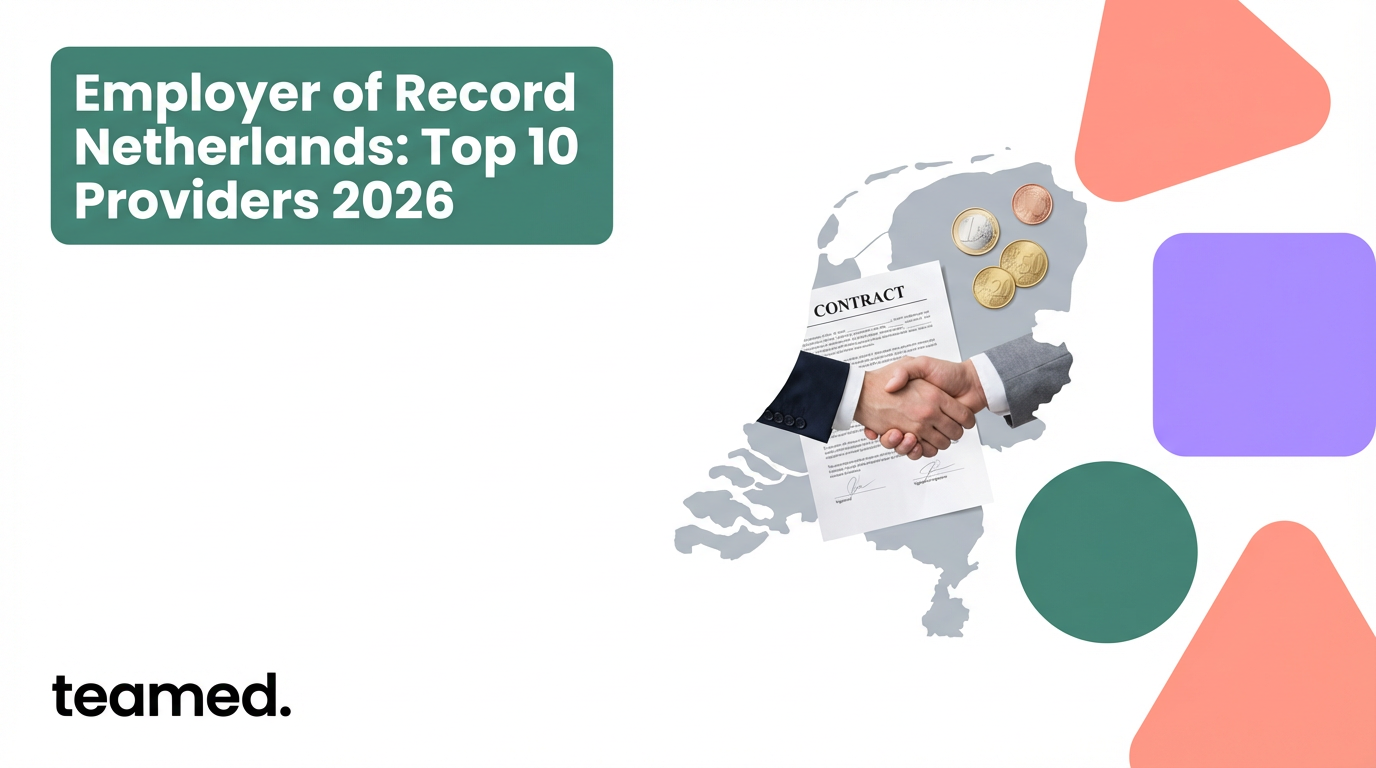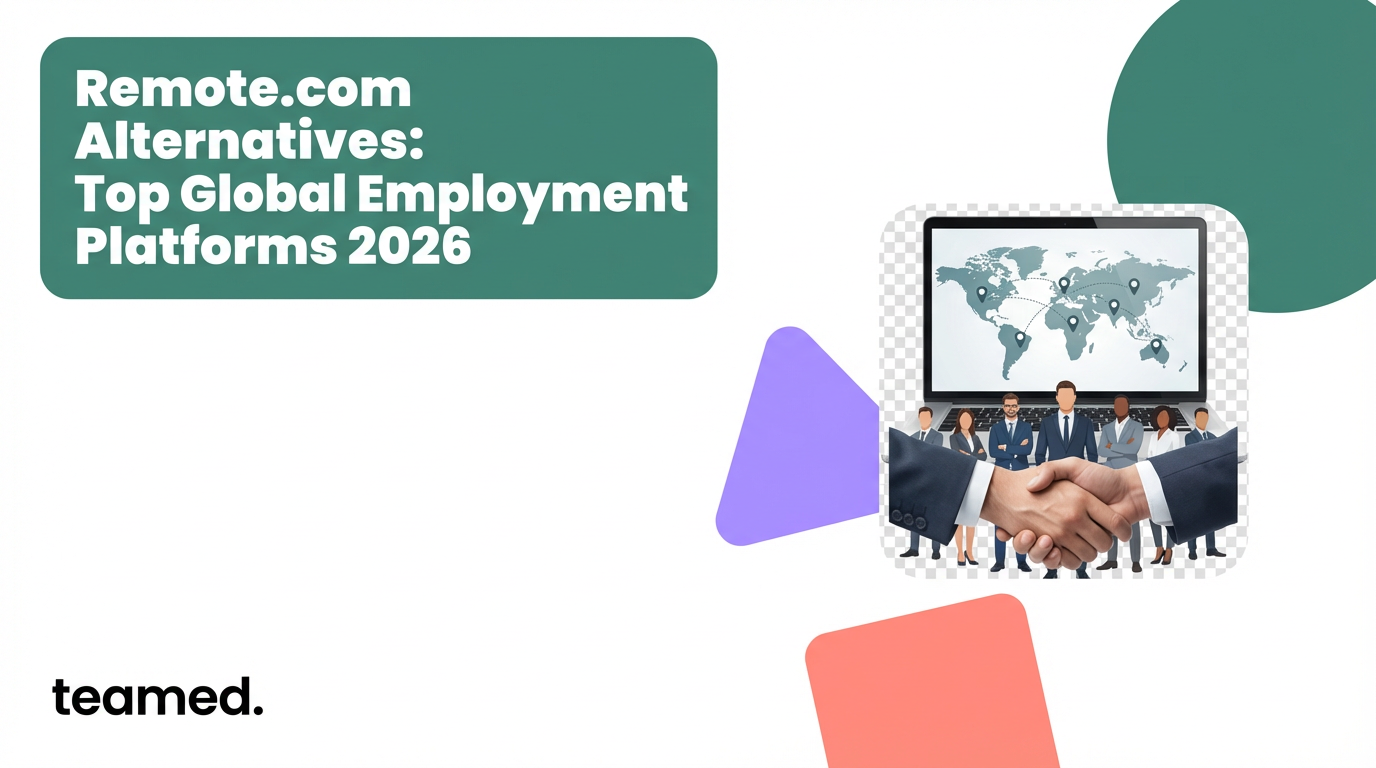Welcome to our in-depth interview with Calum Lyle, Tech Sales & Marketing recruitment specialist and founder of Zest. We explore the intricate world of recruitment and talent acquisition with a special focus on the tech industry.
We delve into what motivates top talent today, especially in Sales, Marketing, and Operations, noting a shift in priorities post-pandemic. “Traditionally, earnings were the key motivator in sales, but post-COVID, there's a shift towards flexibility, work-life balance, and purpose.”
The conversation then shifts to Zest's strategies for tackling global hiring challenges and their solutions for navigating the complexities of international talent acquisition. “What motivates salespeople can vary significantly across different territories and regions of the world”.
Further, we discuss common scenarios faced by clients seeking international talent: “A common challenge we see is businesses seeking to enter the German market, for instance, and needing localised knowledge and language skills.” This leads to recommendations for companies looking to hire or expand internationally, highlighting the benefits and challenges of such endeavors: “It's crucial to understand the cost implications in each territory”.
Calum also highlights: “It's fascinating to understand how different regions may have unique work practices''. In addition, he mentions an interesting and important point: “This diversity is a significant advantage, especially in specialised hiring.”
A significant portion of our discussion is dedicated to the crucial aspect of mental health support for remote teams, a topic of increasing relevance in today’s globally connected workforce. Lastly, we delve into the role of AI in recruitment, exploring its potential and limitations. “While AI can efficiently process data and offer some value, the unique aspect of sales recruitment hinges on understanding personalities, something AI currently struggles with.”
Join us as we uncover these diverse aspects of modern recruitment practices, gaining valuable insights from Calum Lyle, a Tech Sales & Marketing recruitment specialist and the founder of Zest.
Highlights from Calum
- Post-COVID shift in sales motivation from earnings to flexibility and purpose.
- Importance of understanding cost implications in each territory for international hiring.
- Regional work practices offer unique insights and advantages in specialised hiring.
- Salespeople's motivations vary greatly across different global regions.
- Challenges in entering the German market require localised knowledge and skills.
- Fostering a workplace culture that promotes mental health, and encourages openness and authenticity.
- Emphasising the significant advantage of diversity in specialised hiring.
- AI can process data effectively but still struggles with understanding the personalities crucial in sales recruitment.
Full Interview
What is Zest's primary focus, and how does it set itself apart from other similar agencies?
We specialise in commercial and go-to-market talent in the tech industry, with a focus on sales, marketing, and operations. Our approach is unique because we prioritise customer experience over traditional financial metrics in recruitment.
We strive to build strong relationships, track data around these relationships, and incentivise our teams based on delivering exceptional experiences.
Additionally, we emphasise authentic representation of candidates by using video interviews. This approach helps showcase their personalities, which is especially crucial in marketing roles.
What motivates top talent in Sales, Marketing, and Operations teams today?
It's quite subjective, as motivations vary. Traditionally, earnings were the key motivator in sales, but post-COVID, there's a shift towards flexibility, work-life balance, and purpose. People are now more concerned with the impact of their work, whether internally through collaboration or externally by selling something they're passionate about. This change reflects a broader shift in values.
How does Zest typically tackle global hiring challenges and what solutions does it offer?
Our approach involves operating a search function that spans multiple geographies. This enables us to locate and work exclusively with our clients in any area where they seek to find talent.
There are numerous reasons why our clients and businesses choose to hire internationally, which I'll delve into later. We are well-equipped to advise on the advantages and challenges of hiring in various regions, providing our customers with local data and analysis.
This becomes particularly relevant in the context of our previous discussion about what motivates salespeople, as these factors can vary significantly across different territories and regions of the world. Having access to this kind of information at our fingertips allows us to offer tailored consultation to our clients. This is based on geographical preferences and regional differences, which is crucial for effectively scaling or growing a team, regardless of the location.
What's the most common scenario you've encountered with clients seeking international talent?
The most frequent scenario we encounter involves businesses looking to expand their operations into new territories. We frequently work with companies, often based in the UK or the US, that aim to extend their sales reach into various global markets. In the context of the EMEA (Europe, Middle East, and Africa) region, the focus often shifts to territories within the DACH (Germany, Austria, and Switzerland) region, emphasising German and French-speaking countries.
These languages are crucial in broadening our customers' market reach. A common challenge we see is businesses seeking to enter the German market, for instance, and needing localised knowledge and language skills. They approach us with requests like, 'We're looking to expand into Germany and need help in finding talent with local expertise and language proficiency.' Their goal is to replicate their success from the UK, the US, or other thriving markets, adapting it to a different global region.
What would you recommend to a company looking to hire or expand internationally?
When it comes to expanding into different territories, there are various pros and cons to consider. One key aspect is cost. By hiring in different regions, you can significantly reduce expenses while still acquiring the necessary skills for your business. It's crucial to understand the cost implications in each territory.
Another factor to consider is the difference in working hours across regions, which has its own advantages and disadvantages. For instance, South Africa has a similar timeframe to the UK, which is beneficial. However, some businesses prefer hiring in different time zones to provide continuous support to their customers around the clock, beyond the typical nine to five hours.
Additionally, cultural preferences and differences play a significant role in hiring from various global areas. This diversity is something I particularly enjoy about my job. It's fascinating to understand how different regions may have unique work practices, like taking a two-hour break in the middle of the day, and how these nuances influence business operations.
One of the greatest benefits of international hiring is the diversity of thought and the range of skills and perspectives it brings into a business. It's easy to fall into the trap of hiring replicas of your top performers, expecting consistent results. However, to effectively sell in different territories, it's essential to embrace varied thought processes and perspectives, acknowledging the wonderful diversity of people worldwide. This diversity is a significant advantage, especially in specialised hiring.
Based on the previous question and your experience, which countries are generally more inclined to hire talent from which other countries? Additionally, do you have clients in the Nordic region?
We have a substantial client base in the Nordic countries. My wife, for example, is employed by a prominent business school-aligned fintech company headquartered in Copenhagen. She operates out of the UK, reflecting the company's recent expansion there. Interestingly, the company has taken a unique approach by hiring a US-based individual to oversee their UK sales team. This situation exemplifies the unique challenges businesses face, particularly in attracting and managing talent across different regions.
Zest provides mental health support for remote teams. What's your advice for fully remote teams in this regard?
Indeed, that's a crucial question, one that frequently arises with globally dispersed teams. A key element is having a robust employee assistance program, or tangible measures for easy access to mental well-being support. It's not about massive investment, but more about adopting a proactive stance towards mental health.
Furthermore, an 'opt-out' rather than an 'opt-in' approach can be transformative. Often, individuals—especially men—might hesitate to actively seek help. In a remote setting, using tools like Slack, there are innovative ways to subtly express one’s mental state.
But more than tools, it’s about nurturing a culture where people feel comfortable to open up, supported by small, thoughtful measures that allow them to be their true selves.
In the post-COVID work landscape, physical proximity isn't a prerequisite for emotional support. It's about cultivating that culture of check-ins and support, enabling authentic interactions.
Additionally, it's vital for individuals to self-reflect. We often get caught up in our routines without pausing to assess how we're genuinely feeling.
For instance, taking a moment to realise you're exhausted and need a break is essential. This self-awareness is a critical aspect of mental well-being in a remote work environment.
Exactly, and now we have solutions that transcend geographical barriers. For instance, accessing therapy has become easier with apps and online platforms, allowing professional support without the need for face-to-face interaction. These advancements have made maintaining mental well-being in a global workforce more feasible and straightforward.
What are your thoughts on AI-based recruitment systems?
I empathise deeply with those searching for jobs in the current challenging climate, marked by numerous redundancies and global upheavals. The idea of relying solely on non-human entities, like AI, to manage career paths is daunting. While AI can efficiently process data and offer some value, the unique aspect of sales recruitment hinges on understanding personalities, something AI currently struggles with.
Even though AI, including technologies like ChatGPT, is rapidly evolving and can assist in many ways, it can't replace the genuine understanding gained from human interactions, especially in stressful situations like job interviews or reaching out for opportunities.
Human elements in recruitment are irreplaceable, but AI can certainly save time and optimise the efforts of recruiters, hiring managers, and organisational leaders. This allows them to engage in more meaningful conversations and provide better employment support. While AI poses a potential threat, I view it more as an opportunity for improvement, provided it is used judiciously. It won't replace skilled salespeople or recruitment consultants, but it can enhance their capabilities and raise industry standards as we compete not just with other humans but with automated systems as well.
In the future, a combination of AI and deep human involvement seems ideal. Even at the initial filtering stage, AI must be sophisticated enough to not overlook candidates with unique traits or qualifications just because they don't tick every box. A well-designed AI system should facilitate, not hinder, the recruitment of talented individuals. It's a rapidly evolving field, and it'll be interesting to see where we stand in a couple of years.
After Global Recruiting What is Next?
Having delved into the essential pillars of global hiring, particularly in Tech companies for Sales and Marketing roles, we've gained crucial insights from Calum Lyle, the founder of Zest. These insights equip us to navigate the challenges and strategies of global hiring more effectively. Understanding the specific needs of each country and attracting top talent in these regions is just the beginning.
The next critical steps involve employing them in compliance with local regulations, managing payroll efficiently, and ensuring swift and proper onboarding, regardless of their location. This is where Teamed comes into play, offering tailored solutions to streamline these processes and facilitate seamless global employment.








